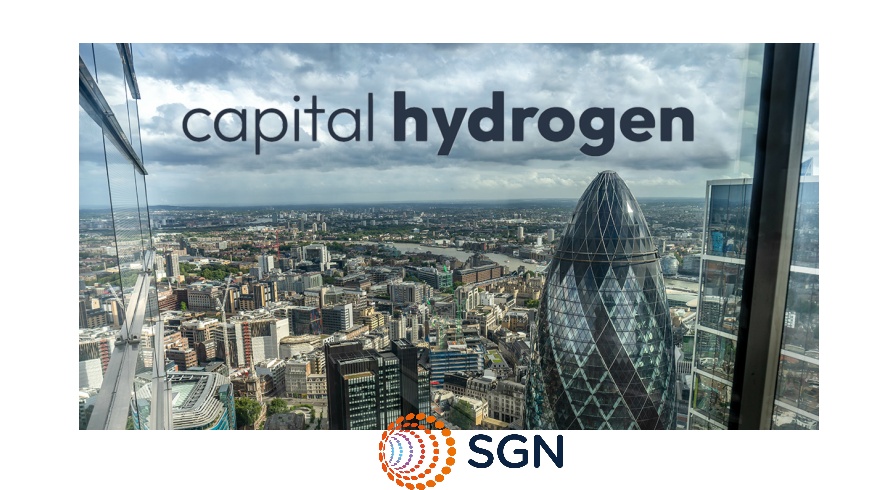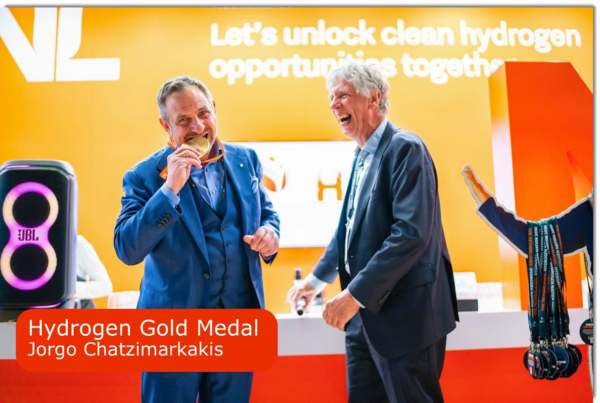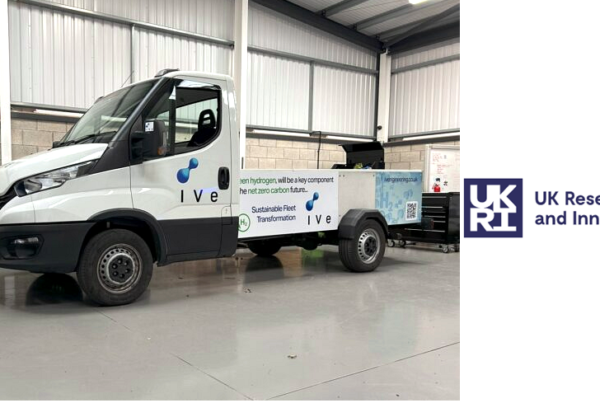
The role that hydrogen can play in helping London become net zero carbon by 2030 has been revealed in a study launched today by Britain’s largest gas network companies.
Capital Hydrogen is a partnership between Cadent, SGN and National Grid Gas Transmission, which are responsible for the safe and reliable supply of gas to millions of customers. The programme plans to deliver a transition to hydrogen for gas networks in the East of England, South East and London through a series of projects over the next 15-20 years.
Their hydrogen vision for the capital and the wider region will be set out at a House of Commons launch event this morning, where the potential benefits and opportunities to London and Britain will be highlighted. These include reducing emissions, generating jobs and skills, boosting future energy independence and offering greater comfort for London’s citizens, including the most vulnerable.
Earlier this year, the infrastructure companies launched a feasibility study for the transition of London’s gas network to hydrogen.
The research has now been completed and identified that by 2050, London will need at least 40TWh of hydrogen to decarbonise heating, transport and power generation. The report identifies a potential 100-170TWh of hydrogen production at coastal locations across the east of England and the south east, and shows how the gas networks can be re-purposed to transport the hydrogen to where it is needed.
The report also includes concepts for the first supply of hydrogen via two potential routes for new build 100% hydrogen pipelines in the east of London on the north and south bank of the Thames, and sources of hydrogen supply that can feed into these pipelines. These pipelines could deliver low carbon hydrogen directly to some of the largest energy users in London and the Thames Estuary by the early 2030s. Intensive engagement with these potential hydrogen users has resulted in overwhelming support for the proposed pipelines and a forecast of proposed hydrogen usage.
The transition to low carbon hydrogen will contribute to the Mayor’s commitment for London to be net zero carbon by 2030, as well as the wider UK government commitment for net zero by 2050.
Read the most up to date Fuel Cell and Hydrogen Industry news at FuelCellsWorks




